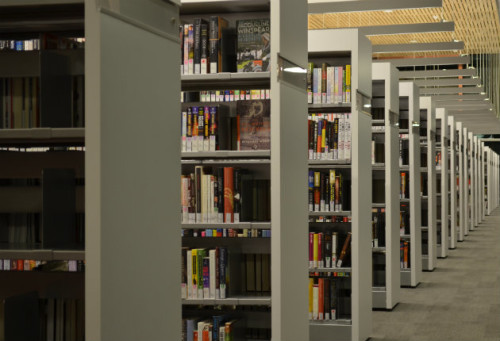Change is constant. It’s a part of our identity as humans and it is something that will always continue to happen. As an international student coming to a new country for education, we travel with big hopes, dreams, ambitions, objectives and so much more. Little do we know the experience that truly awaits us. I can remember vividly the day I was called from the embassy to come pick up my visa, the world was alright with me. I was fearless and could just not wait for the challenge that was forthcoming. All the days of sending documents, emails, and waiting was all coming to fruition.
One important thing I had done before coming into Canada was research. The importance of research as a student cannot be emphasized enough. It saves a lot of stress. If you haven’t done any research on the school and province you are coming into in Canada, I would suggest you start now. Despite the fact that I started off at a college (Fraser International College) here in Vancouver, my mind was set on transferring to Simon Fraser University (SFU). One of the things my research made me understand was that SFU is a comprehensive university and very research oriented. This was useful for me in the sense that my current program (Health Science) was research focused and I knew at the back of my mind that SFU would help ameliorate my research background.
I arrived at my college during the fall semester (September) and the weather was still warm at the time, which was very nice for me coming from warm Nigeria. I was fortunate enough to attend orientation (orientation is highly important and I strongly recommend it) and the information given to us made us aware that we were here study hard. I already knew I had to work extra hard coming to an international institution, but I never knew I needed to put so much extra work. One thing international students need to understand is the fact that educational systems are different all over the world. I had to learn this fast because I grew up learning the British English in high school and that is very different from what we have here in North America.
There are a number of things that helped me adapt to the educational system in Canada and there are some things I wish I had known in advance, a very important one being learning how to ask for help. I can remember my student advisor telling us during orientation that we should never be scared to ask questions and that no question is stupid. It is so easy for us as international students to feel scared to ask questions due to our cultural background and this is one thing we need to work on immediately upon arrival. I honestly don’t see how a newcomer can thrive academically in a country like Canada without knowing how and when to ask for help. Classes, weather, food, clothing, dos and don’ts, these are examples of essentials we need to know. Start asking questions even before you arrive here in Canada, get in the attitude! I should also add that once you start having that gut feeling about impending academic problems, go see an advisor immediately and do not wait till the problem results in failure.
Navigating resources on campus is one of the most important steps in doing very well as a student. Sometimes the amount of resources available to students overwhelms me and the irony is that most students don’t use them. International students have several reasons for not using these resources and the most common I hear is lack of awareness. I know it is easy to get carried away with all the information surrounding us as students but the honest truth is that we came here to school and I strongly believe that should be our topmost priority. All around campus are advertisements about resources in written material and in weekly emails sent to us. Most times, all we do is ignore these valuable signs. I should also add that it doesn’t matter how good you were in your high school or college before coming here, you should always be aiming at getting better. Quantitative, breath and writing classes all have appropriate workshops to help us get better, so please don’t be shy to use these resources (they were made for us after all and we are paying for them).

